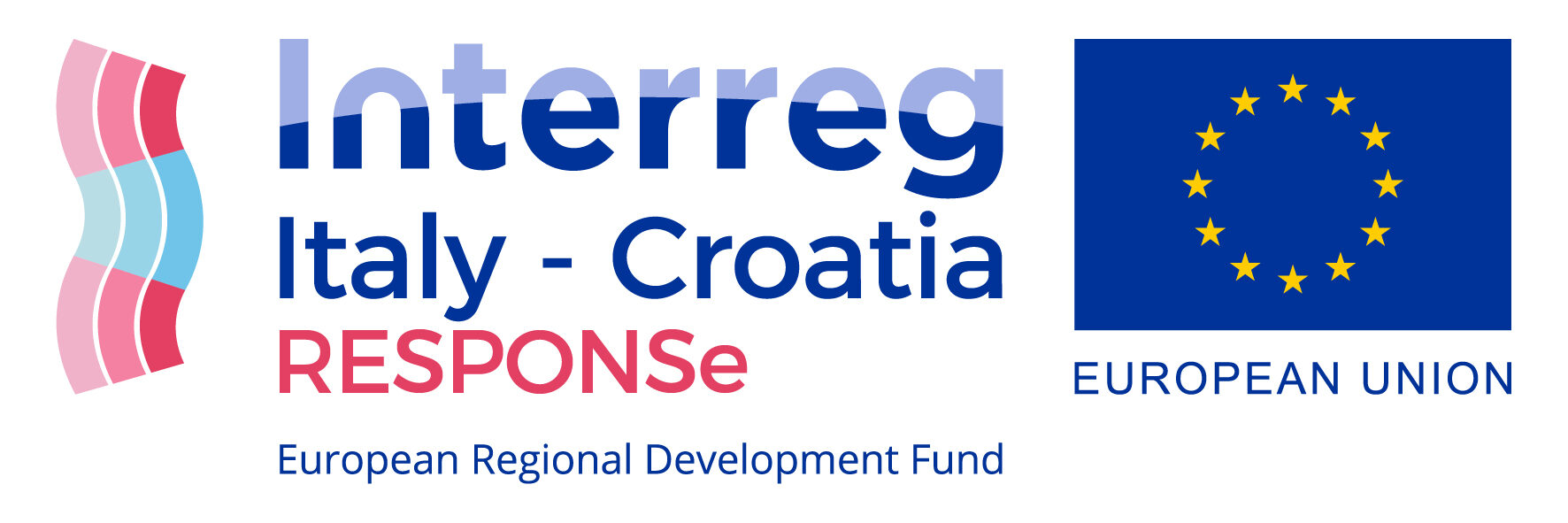Climate actions
This practice implies cooling by wetting streets. Wetting is more efficient if done in the morning and afternoon without direct sunlight. This technique was already common in Mediterranean cities, but it has become a common practice lately in summer also in the rest of Europe. When 1 l/m2 of water is applied, wetting of streets can decrease air temperature by 2-4°C. This measure could determine an increase in water consumption, which could be unsustainable during droughts.
Wetting streets to cope with heat waves in cities
Objective
Increase resilience to heat waves.
Description
Expected results
Implementation of built environment and technological options.
Result indicators
Decreased air temperature [°C]
Involved actors
Stakeholders involved in the decision-making process to implement new infrastructures in the cities.
Expected timeline for action
Best practices
Criticalities
Scope of the action
Type of proposed actions
Sector of action
Climate impacts
Implementation scale
